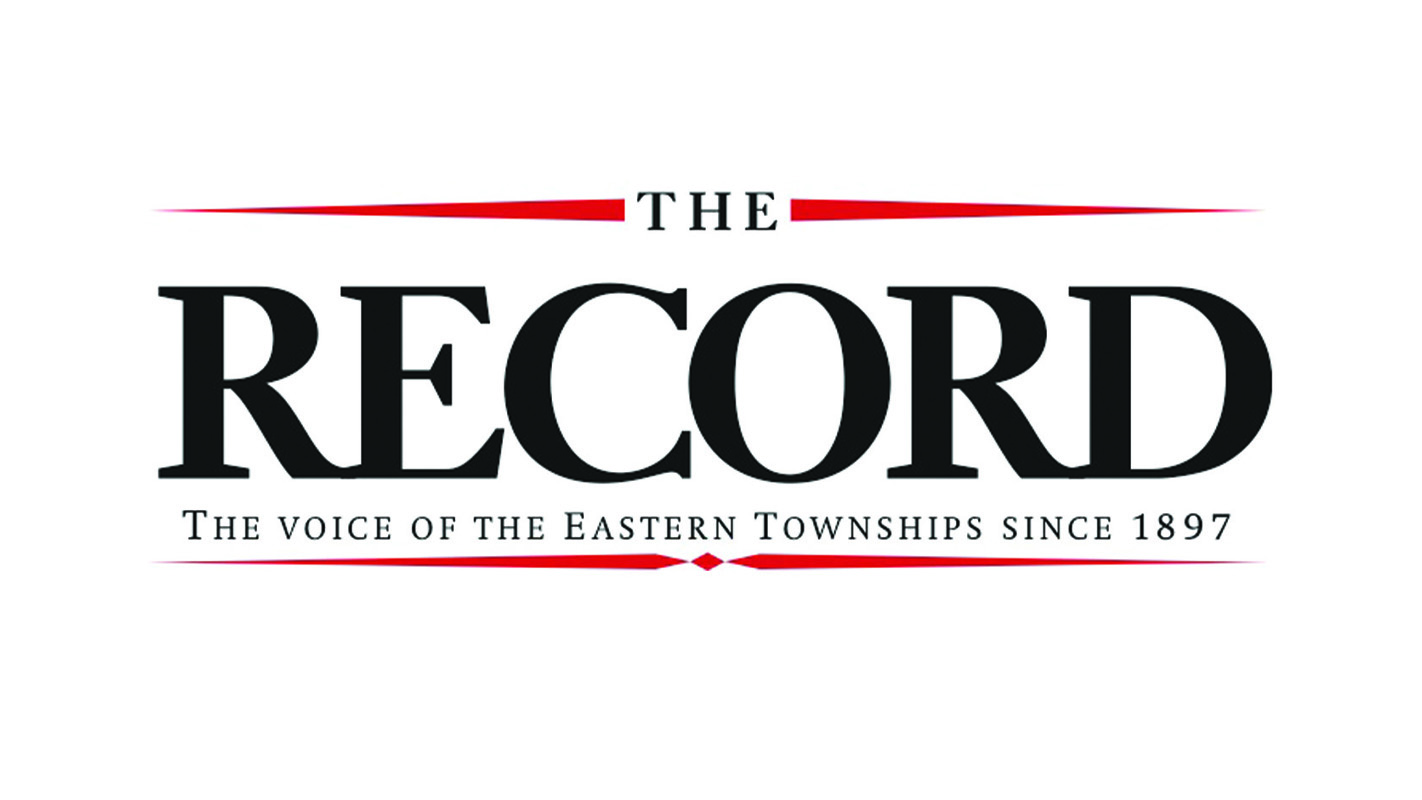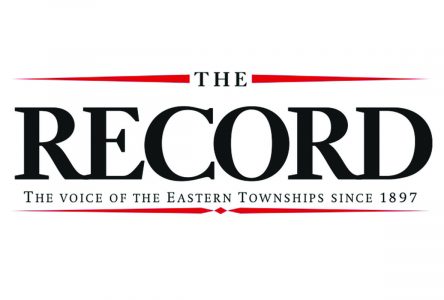Regional Development Network’s new English-language resources launch
By William Crooks
Local Journalism Initiative
The Regional Development Network (RDN) is expanding resources for English-speaking communities in Quebec with new videos, podcasts, and web capsules to engage these residents in the province’s social economy. Launched to coincide with Social Economy Month, these tools are designed to inform, connect, and inspire English speakers to participate in community-driven initiatives, using practical examples and accessible information.
Hoffman Wolff, Social Economy Manager at RDN, explained that SEEnet, the organization’s social economy initiative, has focused on providing accessible media to help English speakers connect with Quebec’s social economy ecosystem. “The social economy,” Wolff said in a recent interview, “is a viable third option” for addressing community needs beyond traditional for-profit or government models. Since launching SEEnet in 2021, RDN has aimed to mobilize resources, strengthen connections, and develop partnerships to integrate English-speaking Quebecers into this system.
In the social economy, Wolff explained, enterprises exist to serve their communities, often through cooperatives and nonprofits that operate with revenue-generating components. “It’s about a community asking, ‘How can we fill this need for the benefit of our community?’ rather than ‘How can we profit from this?’” he said. Unlike for-profit businesses, the profits of social economy enterprises are reinvested into the organization or returned to the community, creating a sustainable cycle of local benefit.
The new videos and web capsules focus on three key aspects of social economy projects. The first video, “What Is It?”, defines the social economy, providing context for why English speakers should consider this model as a solution for local issues. According to Wolff, the video aims to show that social economy enterprises offer a structure where both nonprofit organizations and cooperatives can sustain themselves financially while meeting community needs. “Many people may not even realize that a place they go to every day, like a community café, might be a social economy enterprise,” Wolff said.






